Mugen No Jūnin (Blade of the Immortal): Press conference with Takashi Miike, Takuya Kimura and co-stars
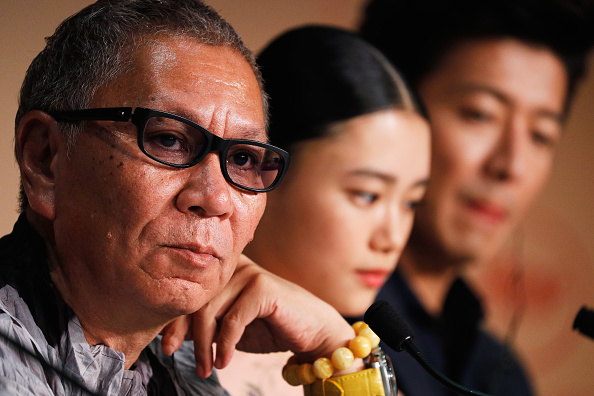
After making a “special film” with a death count higher than a lifetime’s worth of GTA gameplay – an onslaught of murders, massacres and mutilations – Takashi Miike emphasised the main aim of his filmmaking at a press conference in Cannes to promote his 100th film, Blade of the Immortal.
“I want to inspire kids with dreams. Great films must have a positive meaning for children.” Miike, a legendary name in Japanese cinema, explained the origins of the production, and what perhaps attracted children to such gruesome tales. “When I was growing up, I read manga comic books [on which the film is based], like many kids do when you’re living in Japan.” He went on to talk about his respect for manga authors, saying, “Many people dream of becoming a comic artist, and it’s to do with an instinctual interest in coming up with a story by yourself, to create a whole world”. He added that, though he couldn’t become an author himself, his work “can be a rival to the manga that I love”.
The star, Takuya Kimura, further outlined the influence of manga on the project. “How can we express this world? Put these characters into flesh and blood. Can we convert this excitement to cinema? It was a challenge to even stand at the start line, to even begin to express it.”
After citing previous directorial inspirations like Akira Kurosawa and reminiscing about the heyday of Japanese cinema, Miike heaped praise on his colleagues. He said of his leading man: “Kimura is an idol, a superstar, the only person who could play Manji in Japan. If it had been a different actor, I don’t think we could have made the film.”
Kimura had been injured while filming one of the major fight scenes, but played down any problems on set. “My biggest drive is Miike and his crew because none of them ever lost the drive to make this film. Within the cast I was one who got injured. But Miike had a broken bone and hurt his leg and continued. There was nothing we were scared of.”
Kimura couldn’t pick a favourite weapon that he handled during the production, and stated that his character’s “drive to protect Rin and his mentality is most impressive”, while adding, “it was fateful that I met this character, it was destiny”.
The director declared his desire to work again with British producer Jeremy Thomas, who in return modestly downplayed his role, suggesting that his “[Japanese] language was not good so I helped with enthusiasm”. Miike also singled out his cinematographer, Nobuyasu Kita, for special praise, calling him “very talented, amazing and a great help to my filmmaking”.
Miike then spoke of the similarities between Japanese and Western period films, detailing his interest in such subject matter, alluding to the theatrical device of time compression of which Shakespeare made regular use. “Societies may have been immature back then, but there were those who were able to find power, force or ability. The speed [for that period] is very fast and cinematic, and you can explain something in a few days.”
Joseph Owen
Photo: Andreas Rentz / Getty Images
Read our review of Mugen No Jūnin (Blade of the Immortal) here.
Read more of our reviews from the festival here.
For further information about Cannes Film Festival 2017 visit here.





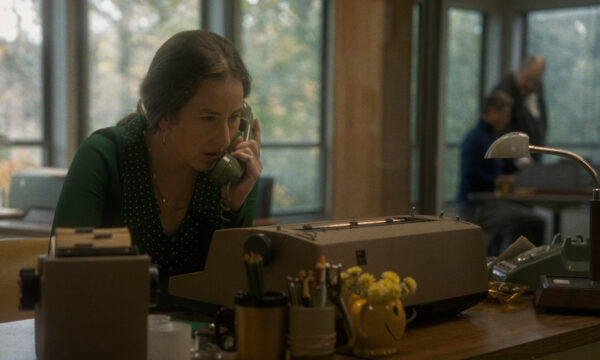


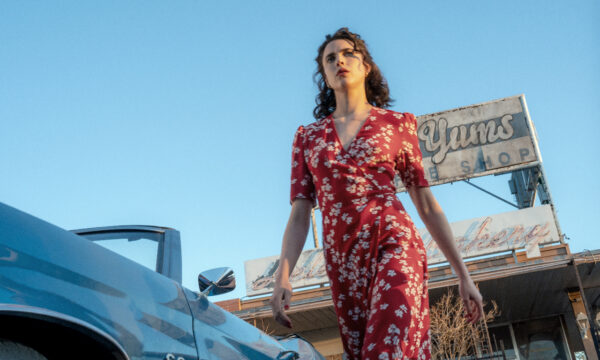
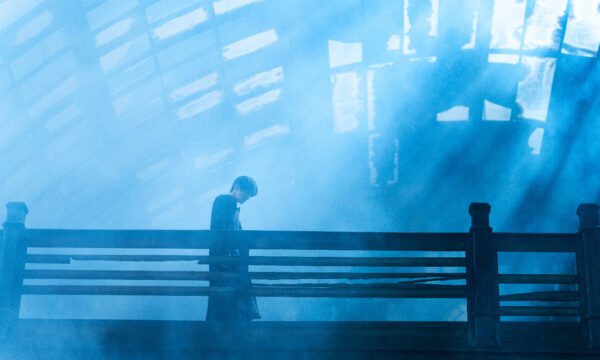
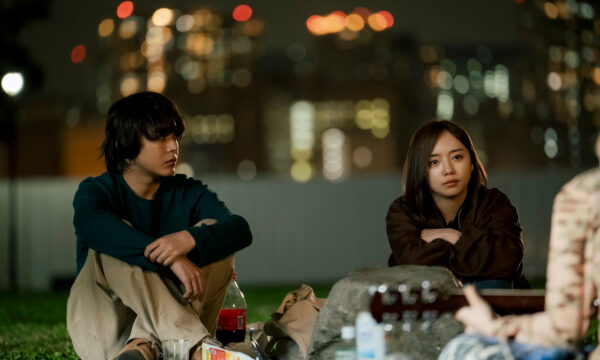















Facebook
Twitter
Instagram
YouTube
RSS